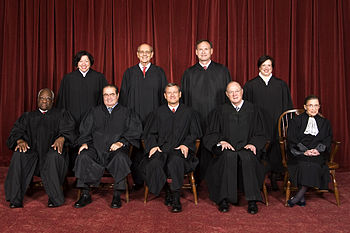Since November I have had little to no sense of taste or sense of smell. “COVID brain” which causes a COVID survivor to suffer fatigue which affects speech, memory, ability to focus is something I struggle with everyday
COVID’s transformed the casual workday as I knew it. As an essential worker COVID scares have become a normal occurrence. Weekly we receive emails stating whether or not we’ve been exposed and may or may not need to quarantine based on the level of exposure.
Two weeks after my sister contracted COVID, we were given the all-clear to return back to work. A couple of days before I was scheduled to return I was called by a fellow associate whom I had come in contact with days prior. She told me she had lost her taste and smell and was going to get tested as soon as possible. Not thinking much of it, I remained at home.
The next few days passed and I began showing some strange symptoms. After receiving a drive-through test at the local Rite-Aid I began having body aches, fatigue, and low-grade fever to start, as time went on those symptoms faded and were replaced by coughing and sneezing. After these symptoms ran their course I was slammed with the killer; shortness of breath.
The shortness of breath felt like I had something at times lodged in my esophagus. Small tasks left me wheezing. aWhen I had coughing fits I took extended amounts of time to recover. There often were times where I wondered if I needed to take a trip to the ER with how severe my symptoms had become. The last symptom I developed was Anosmia, or loss of sense of taste and smell.
Even after my symptoms subsided I still feel lingering effects. . After “recovering” I’ve found that I haven’t really recovered, even after three months. I have hopes that these lasting effects will fade in time, and my next step is to get vaccinated as soon as they become available for my category.
Alexis Ramirez is a staff writer for The Express. Follow her @LexiTRam.



